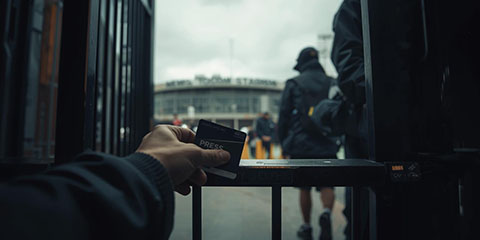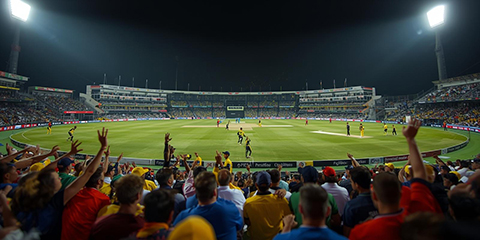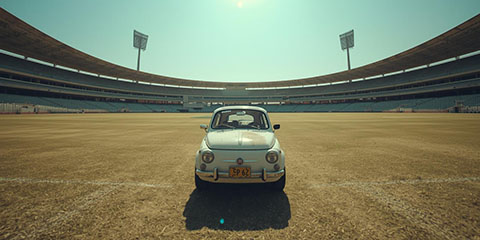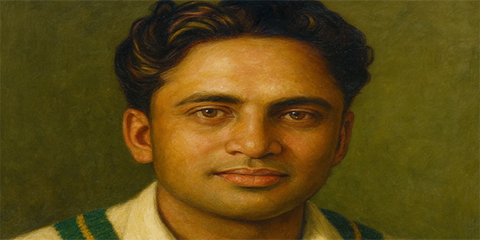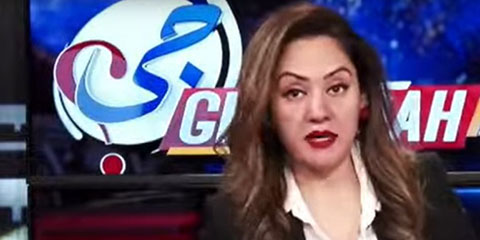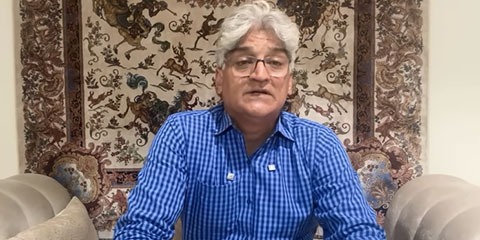The relationship between athletes and sports journalists
JournalismPakistan.com | Published 9 months ago | Aamir Qureshi
Join our WhatsApp channel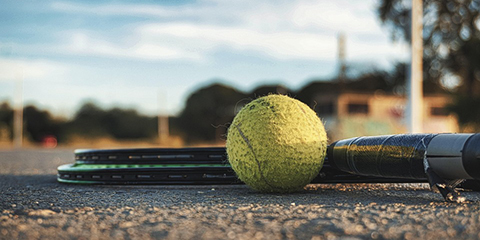
The relationship between athletes and sports journalists is a unique and often complex dynamic that plays a significant role in shaping the world of sports. While journalists provide essential coverage and analysis, athletes rely on media exposure to build their public personas and careers. However, tensions can arise when coverage turns critical or when personal boundaries are crossed. This article explores the intricacies of this relationship, highlighting the mutual benefits, challenges, and ethical considerations that define it.
The Role of Sports Journalists
Sports journalists serve as the bridge between athletes and the public, delivering news, analysis, and commentary. Their responsibilities include:
- Reporting on games, player performances, and team strategies
- Conducting interviews to gain insights from athletes
- Investigating and uncovering behind-the-scenes stories
- Providing critical analysis and opinions on sporting events
Quality journalism enhances fan engagement, promotes transparency, and holds sports organizations accountable. However, the pressure to deliver compelling stories can sometimes lead to conflicts with athletes.
The Perspective of Athletes
For athletes, media coverage is both a necessity and a challenge. Positive coverage can boost their reputation, attract sponsorships, and increase fan support. However, negative press or sensationalized stories can harm their image and mental well-being.
Athletes often face:
- Media scrutiny: Every performance, both on and off the field, is analyzed and sometimes criticized.
- Privacy concerns: Journalists may delve into personal matters, creating tension.
- Misquoting and misrepresentation: Inaccurate reporting can lead to misunderstandings and controversy.
Challenges in the Relationship
Despite their interdependence, athletes and sports journalists frequently encounter challenges, including:
- Biased Reporting: Favoritism towards certain players or teams can distort public perception.
- Conflict of Interests: Journalists seeking exclusive content may push ethical boundaries.
- Social Media Influence: Direct communication between athletes and fans reduces reliance on traditional journalism, sometimes leading to friction.
Striking a Balance: Ethical Journalism and Respect
Maintaining a professional and respectful relationship between athletes and sports journalists requires ethical journalism practices such as:
- Fair and unbiased reporting
- Respecting athletes' privacy
- Verifying facts before publishing stories
- Building trust through transparent communication
- Athletes, in turn, can benefit from media training to handle interviews effectively and address controversies professionally.
The relationship between athletes and sports journalists is an evolving and sometimes contentious one. While media coverage is essential for athletes' careers, responsible journalism is crucial in maintaining credibility and integrity. A balanced, respectful approach ensures that both parties benefit from this dynamic interaction, ultimately enriching the world of sports for fans and stakeholders alike.
کھلاڑیوں اور اسپورٹس صحافیوں کے درمیان تعلق
کھلاڑیوں اور اسپورٹس صحافیوں کے درمیان تعلق ایک منفرد اور اکثر پیچیدہ تعلق ہے جو کھیلوں کی دنیا کو تشکیل دیتا ہے۔ جہاں صحافی ضروری کوریج اور تجزیہ فراہم کرتے ہیں، وہیں کھلاڑی میڈیا کی تشہیر پر انحصار کرتے ہیں تاکہ اپنی عوامی شناخت اور کیریئر کو فروغ دے سکیں۔ تاہم، جب کوریج تنقیدی ہو جائے یا ذاتی حدود کو عبور کرے تو تنازعات جنم لے سکتے ہیں۔ اس مضمون میں اس تعلق کے باریک نکات، باہمی فوائد، چیلنجز اور اخلاقی پہلوؤں کا جائزہ لیا گیا ہے۔
اسپورٹس صحافیوں کا کردار
اسپورٹس جرنلسٹ کھلاڑیوں اور عوام کے درمیان پل کا کردار ادا کرتے ہیں، خبریں، تجزیے اور تبصرے فراہم کرتے ہیں۔ ان کی ذمہ داریوں میں شامل ہیں:
میچز، کھلاڑیوں کی کارکردگی اور ٹیم کی حکمت عملی پر رپورٹنگ
کھلاڑیوں کے انٹرویوز لینا اور ان کی رائے جاننا
پس پردہ کہانیاں تلاش کرنا اور انکشافات کرنا
کھیلوں کے واقعات پر تنقیدی تجزیہ فراہم کرنا
معیاری صحافت فین انگیجمنٹ کو بڑھاتی ہے، شفافیت کو فروغ دیتی ہے اور اسپورٹس آرگنائزیشنز کو جوابدہ رکھتی ہے۔ تاہم، پرکشش خبریں فراہم کرنے کا دباؤ کبھی کبھار کھلاڑیوں کے ساتھ تنازعات کو جنم دیتا ہے۔
کھلاڑیوں کا نقطہ نظر
کھلاڑیوں کے لیے میڈیا کوریج ایک ضرورت بھی ہے اور ایک چیلنج بھی۔ مثبت کوریج ان کی شہرت بڑھا سکتی ہے، اسپانسرشپس حاصل کرنے میں مدد دے سکتی ہے اور فین سپورٹ بڑھا سکتی ہے۔ تاہم، منفی میڈیا رپورٹنگ یا سنسنی خیز خبریں ان کی ساکھ اور ذہنی سکون کو نقصان پہنچا سکتی ہیں۔
چیلنجز اور تنازعات
اس تعلق میں کئی چیلنجز بھی ہیں:
جانبدار رپورٹنگ جو کھلاڑیوں یا ٹیموں کی شبیہ کو متاثر کر سکتی ہے۔
مفادات کا ٹکراؤ جب صحافی خصوصی خبریں حاصل کرنے کے لیے اخلاقی حدود کو پار کر جاتے ہیں۔
سوشل میڈیا کا اثر جو کھلاڑیوں اور روایتی میڈیا کے درمیان کشیدگی پیدا کر سکتا ہے۔
توازن کیسے قائم کیا جائے؟
ایک پیشہ ور اور باعزت تعلق کو برقرار رکھنے کے لیے ضروری ہے کہ:
منصفانہ اور غیر جانبدار رپورٹنگ کی جائے
کھلاڑیوں کی نجی زندگی کا احترام کیا جائے
حقائق کی تصدیق کے بعد خبریں شائع کی جائیں
کھلاڑیوں اور اسپورٹس صحافیوں کے درمیان تعلق ایک ارتقائی اور بعض اوقات متنازعہ رشتہ ہے۔ جہاں میڈیا کوریج کھلاڑیوں کے کیریئر کے لیے ضروری ہے، وہیں ذمہ دارانہ صحافت کی ساکھ اور دیانتداری کو برقرار رکھنا بھی اہم ہے۔ ایک متوازن اور باعزت نقطہ نظر اختیار کرنے سے یہ تعلق مزید مضبوط ہو سکتا ہے، جو کھیلوں کی دنیا کے تمام فریقین کے لیے فائدہ مند ہوگا۔



